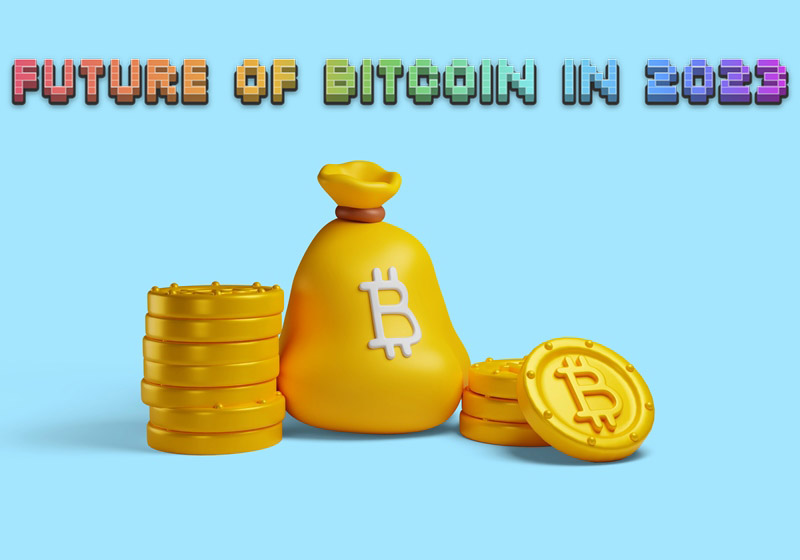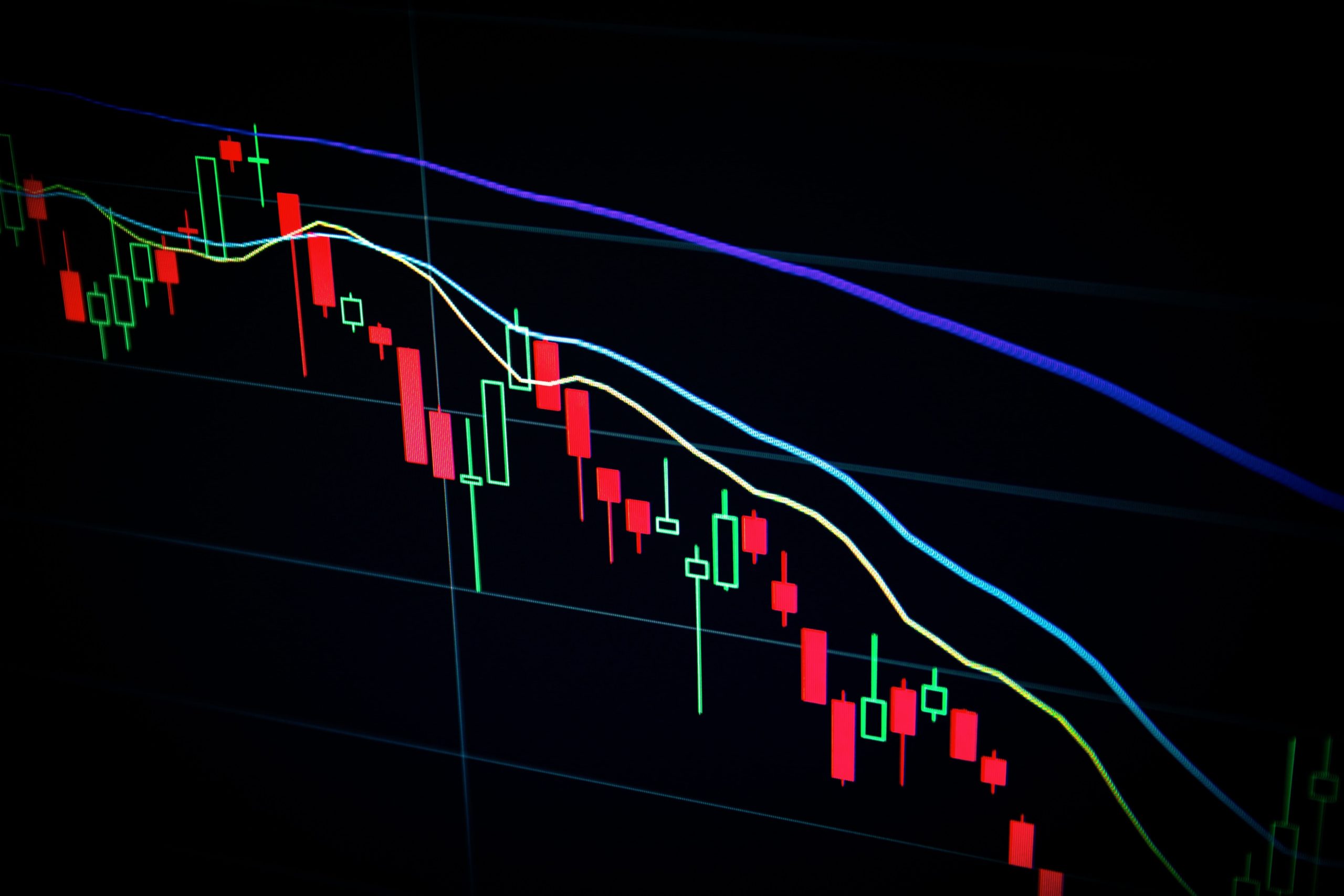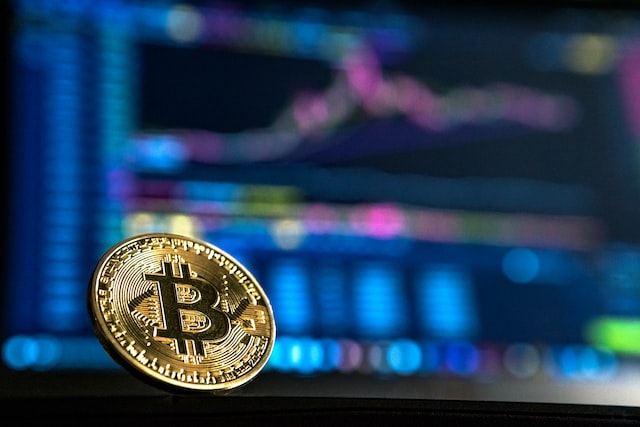El Salvador updates
Sign up to myFT Daily Digest to be the first to know about El Salvador news.
As the cryptocurrency bitcoin became legal tender across El Salvador this week, a long queue formed at a cash machine on the edge of the capital. Those in line were mostly after one thing: US dollars.
Many waited to convert the $30-worth of free bitcoin given to them by the Salvadoran government into hard currency, but the cash dispenser stopped working. An official admitted that just three people had been able to withdraw money from the machine all day.
Francisco Alemán, one of the lucky three, was cashing in bitcoin incentives gathered from various family members — although the combined $120 had dropped to $118 by the time he got the money because the volatile currency’s price had fallen.
“I think it’s a good thing,” said the 24-year old student, adding that he thought the technical issues were temporary. “The people who want to use it will stick around, and those who don’t and just want the $30 will not. It’ll regulate itself.”
Under a plan rushed through Congress by authoritarian president Nayib Bukele, El Salvador this week become the first country in the world to adopt bitcoin as legal tender — a bold monetary experiment that is being closely watched by central bankers and crypto-enthusiasts alike.
Businesses from shops to restaurants and hairdressers must now accept bitcoin alongside the dollar, which has been El Salvador’s official currency since 2001.
As of Tuesday, Salvadorans who download the Chivo digital wallet — the name means “cool” in local slang — could register with a national identity number to receive the bonus, equivalent to about 0.00065 bitcoin. To buy a product, users scan a QR code to send the payment instantly.
Touted by Bukele as a way to attract investment, bring the down the cost of remittances from abroad and reach the country’s unbanked — estimated at 70 per cent of the population — his government spent more than $200m creating the app, setting up a network of cash machines and footing the bill for commissions.Recommended
But the initiative has been criticised by economists, the IMF and credit rating agencies, who say it threatens economic stability, puts consumers at risk and exposes the government to potentially large exchange rate movements.
Bitcoin is the most recognisable of the thousands of virtual cryptocurrencies that are upending traditional finance and challenging central banks.
Yet this week’s rollout of the digital currency in the central American nation of 6.5m people has been far from smooth, with the app plagued by glitches and protests in the capital against its launch.
Although the $30 incentive was meant to be spent in stores, many users worked out that by moving it to another digital wallet, it could be taken out in cash — leading to long queues at cash dispensers.
We are in a ‘wait and see’ position. We’re trying to administer this in the most conservative possible way
Multinational companies operating in El Salvador such as Pizza Hut and Starbucks now accept bitcoin payments, as does mobile phone company Claro. “It’s fine with me — as long as it works,” said Ricardo Mejía, 27, a small-business owner who was one of those queueing.
While it is only week one, take-up of the currency as a means of payment appeared to be limited. One of the country’s largest banks told the Financial Times that fewer than 0.0001 per cent of its daily transactions were in bitcoin. As of Thursday many of the country’s largest supermarkets were still not able to take bitcoin payments.
El Salvador’s government did not respond to a request for comment or offer figures on the number of downloads or transactions using the app.
Most of the country’s business leaders have remained quiet on the rollout, preferring to keep a low profile. “We are in a ‘wait and see’ position,” a senior executive at a large El Salvador bank said on condition of anonymity. “We’re trying to administer this in the most conservative possible way.”
The executive said the bank had processed a small number of transactions in bitcoin this week and that it had an agreement with an international exchange to convert them straight to dollars anyway.
Chivo workers help people to use Bitcoin: Salvadorans who download the Chivo digital wallet could register with a national identity number to receive the bonus © Jose Cabezas/Reuters
Patrick Murray, co-founder of El Salvador-based ecommerce app Tuyo, criticised the government for obliging companies to accept bitcoin and for failing to bring business on board.
“Few people if any who I’ve talked to are against bitcoin per se. People are against how things are being done in the name of bitcoin,” said Murray, part of the family that owns the Grupo Agrisal hotel and property conglomerate. “This sort of decision is putting us on the map for the wrong reasons.”
Yet not everyone is so pessimistic. Among those in Salvadoran society who stand to benefit from bitcoin are those who send and receive remittances — which contribute a quarter of El Salvador’s $25bn GDP.
A Starbucks coffee shop that accepts Bitcoin as a payment method in San Salvador. Most of the country’s business leaders have remained quiet on the rollout © Camilo Freedman/Bloomberg
Banks and money transfer companies can traditionally charge huge fees on remittances: upwards of 10 per cent. Bukele has said the adoption of bitcoin would save Salvadorans $400m in commissions a year.
At the cash-dispenser line, one family was trying to collect money sent by cousins in Italy and had already been waiting more than an hour.
In another line was Kiara Hueso, 27, a beauty products saleswoman who was overjoyed to be able to withdraw $75 sent by her father in the US — commission-free — after two days of trying. “It’s easier and it’s faster,” she beamed.
Disclaimer: This article is only for informational purpose, we did not have any intention to Promote any type of fake information or news. All the Information Provided in the article is collected from Internet.










